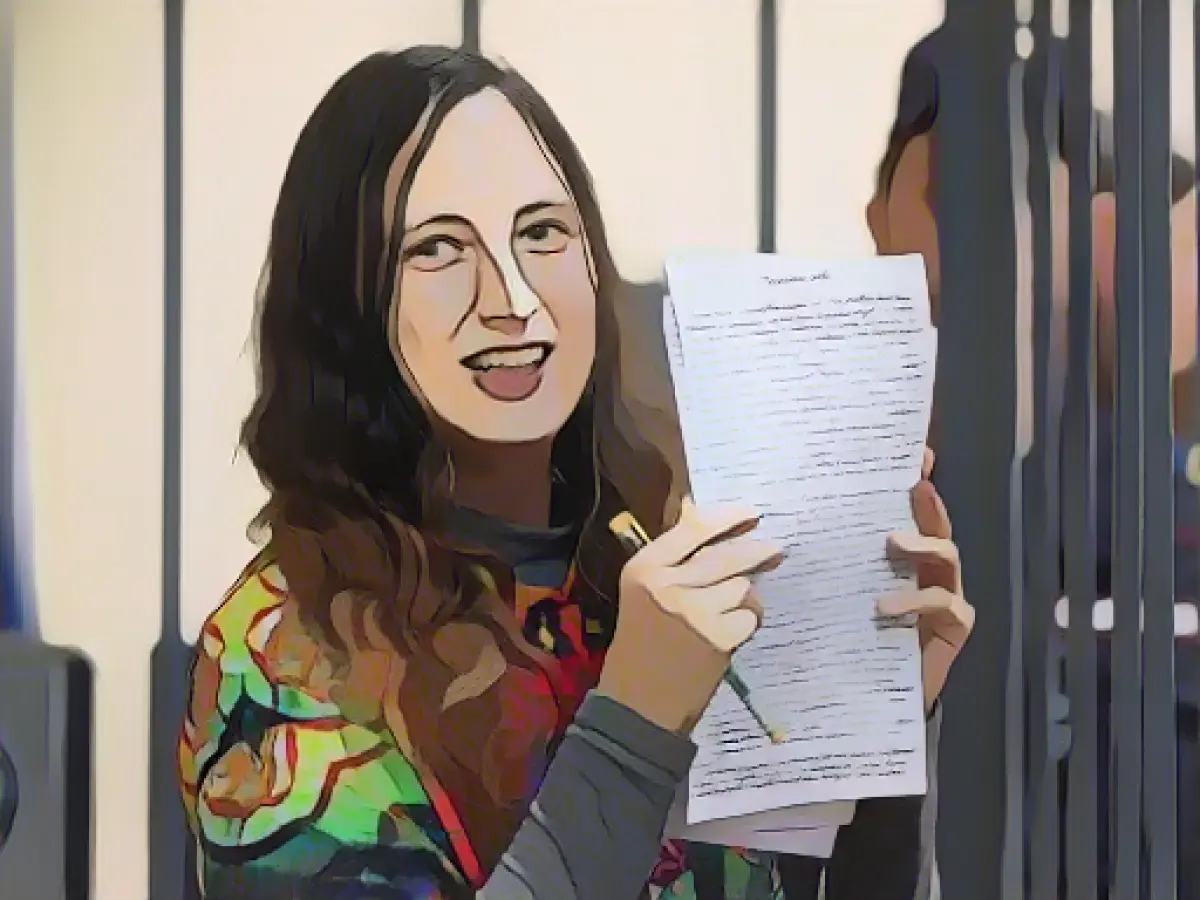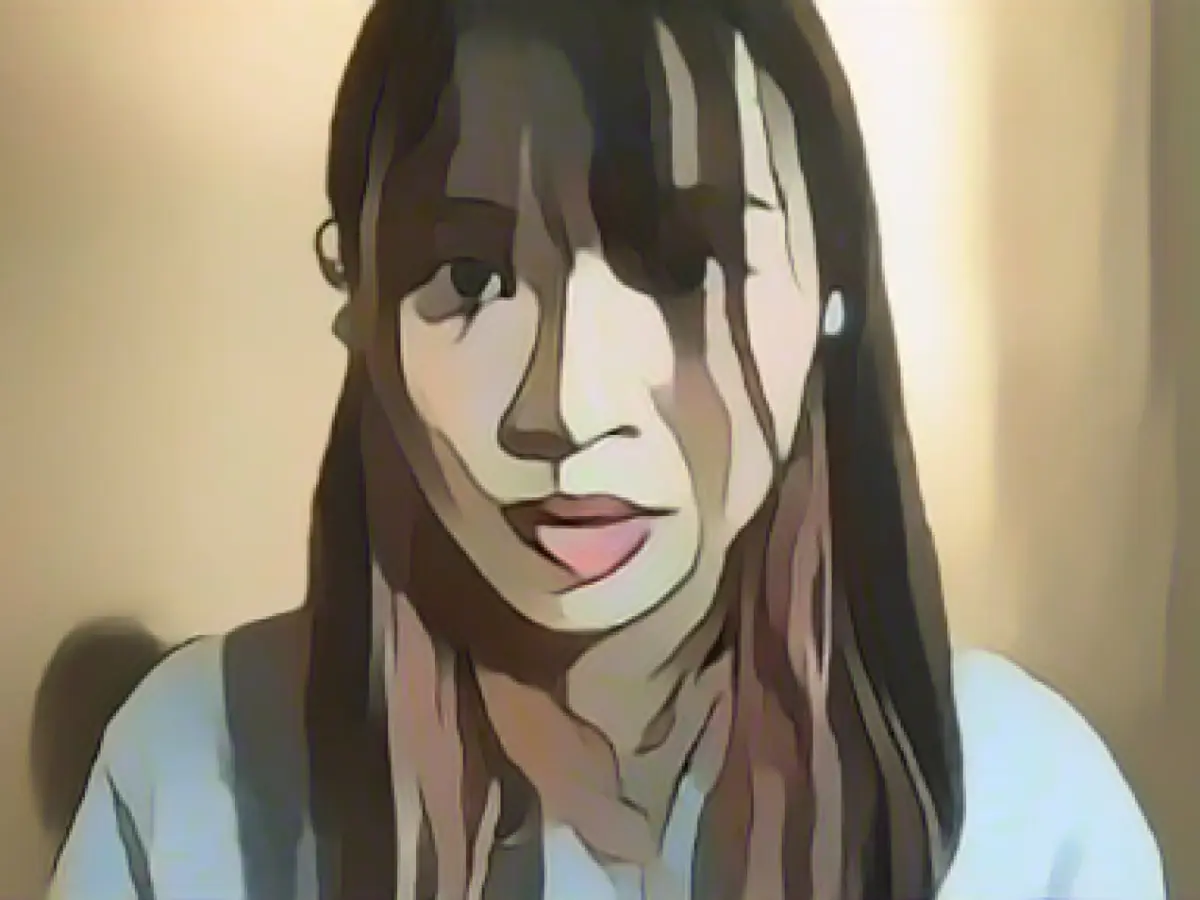Anti-War Activist Alexandra Skochilenko Faces Seven Years in Russian Prison
Russian anti-war activist and artist Alexandra Skochilenko received a seven-year prison sentence from a St. Petersburg court, stirring international controversy.
At 33, Skochilenko replaced grocery store price tags with anti-war slogans, earning her charges of spreading false information about Moscow's military. Despite these accusations, she maintains her innocence. Arrested in April 2022, Skochilenko has spent nearly a year in custody.
Public outrage intensified due to Skochilenko's continued detention despite her serious health conditions. A ten-year maximum sentence was initially proposed, but Skochilenko was ultimately sentenced to seven years. The human rights organizations Amnesty International and Memorial label her a political prisoner.
Her partner's pleas for release and her letter from prison reveal her profound defiance against Putin's regime. Describing herself as embodying "creativity, pacifism, LGBT, psychological enlightenment, feminism, humanism and love for everything bright, ambiguous, and unusual," Skochilenko's poetic message strikes a powerful chord.
International human rights groups have denounced Russia's conviction of Skochilenko. They view the sentence as a violation of her rights as an activist.
In-Depth Analysis
- Medical Community Intervention Russian doctors, including over 100 signatories, addressed an open letter to Putin, pleading for Skochilenko's release due to her congenital heart defect, bipolar disorder, and post-traumatic stress disorder. Proper medical care is critical to manage these conditions, which cannot be provided in prison.
- Human Rights Groups' Calls Rights organizations, such as Amnesty International and Memorial, actively lobbied for Skochilenko's release, highlighting the injustice in her sentence and advocating for the protection of activists' rights.
- Public Figures' Support Opposition lawmaker Boris Vishnevsky described the court's ruling as an "act of revenge", not justice, emphasizing the peaceful nature of Skochilenko's actions.
- International Condemnation The international community has united to condemn Russia's actions against activists, including Skochilenko, and criticize Russia's suppression of dissenting voices.
Human Rights Concerns
- Arbitrary Detention and Repression Skochilenko's case is emblematic of the broader misuse of power by Russian authorities, with many activists facing arbitrary detention and repression.
- Censorship and Information Control Skochilenko's conviction under Article 207.3 shows Russia's increasing manipulation of information dissemination and suppression of opposing viewpoints.
- Health Concerns Skochilenko's chronic health conditions heighten the urgency for her release and medical care, as her imprisonment puts her well-being at risk.
Overall, the international criticisms and human rights concerns surrounding Skochilenko's case exemplify the current political climate in Russia, marked by repression, censorship, and disregard for human rights, particularly in relation to the war in Ukraine.





